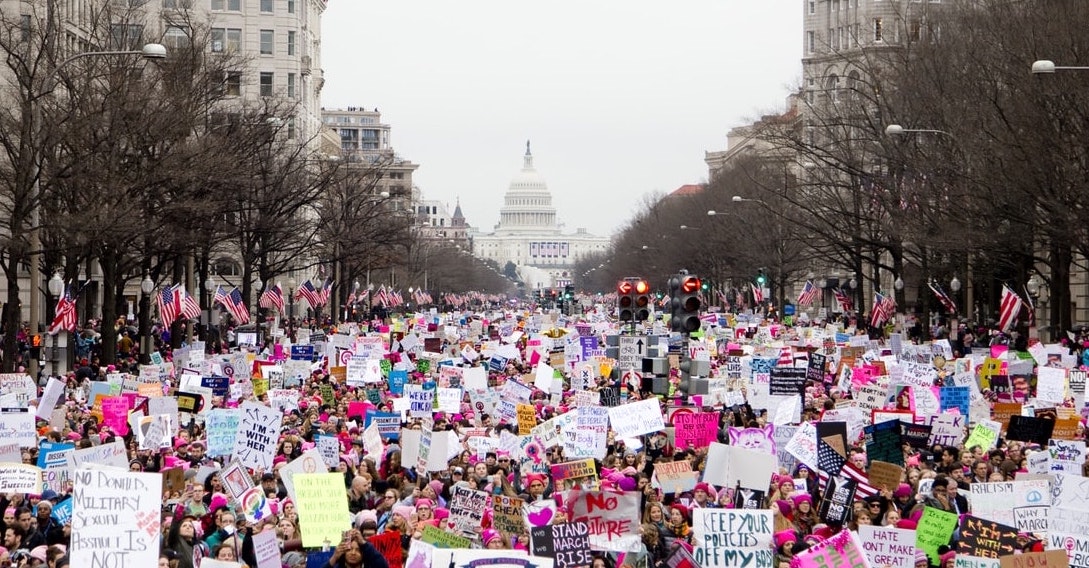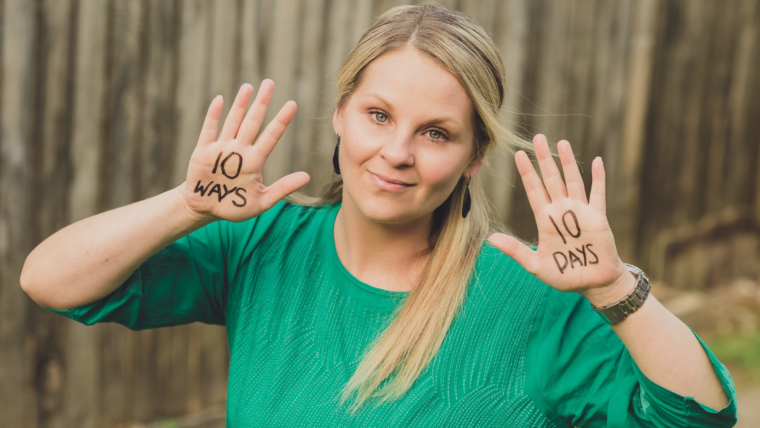
It seems like every year is dubbed the “year of the woman,” in recent memory at least, but for good reason. The back half of the 2010s, a breathtaking, world-changing decade now less than two weeks away from its long-awaited end, was dominated by the resurgent political consciousness of marginalized groups, including women. Fourth-wave feminism has produced words like “manspreading” and “mansplaining,” names for realities women deal with but have never been able to discuss, and #MeToo, a powerful political movement that has (at least temporarily) felled some of the biggest names in media for sexual predation. This past year, this feminist surge has reached fever pitch.
It’s visible in the leadership of House Speaker Nancy Pelosi, a disciplined parliamentarian who has shepherded her party through tumultuous times, culminating in the impeachment of a United States president. No raving ideologue, contrary to the parody of her circulating in right-wing media, she resisted the call as long as possible, until she believed it could be delayed no longer in the face of open and abject criminality. This, from the first woman speaker in history, is hugely significant, and represents – perhaps better than anything else – the ability women have garnered in recent years to challenge the men in power. There is undeniable force in the fact that the president’s chief political adversary is a woman who is capable of telling him “no.”
It’s visible in the work of journalist Gayle King, who has spent much of the last few years as the only adult in the room. Never cynical, never sniping, King’s interview with R. Kelly following the release of the damning Surviving R. Kelly, was a profile in rectitude: she simply gave him space to self-destruct, and her composure in the face of his theatrics was courageous, yes, but critically, it was also studied and considered. King, who kept her head and did her job even as she had to report allegations against her friend and colleague Charlie Rose, demonstrated her ability not to rise above, but to stick to facts wherever they took her. In a decade where that proved a rare skill, King stood out.
It’s visible in Greta Thunberg, who has become the most visible face of the global climate movement. Her emergence over the last year and a half has been startling; a sixteen-year-old Swedish girl captured the world’s attention with the crystal clarity of her message: that the people who are going to be the most affected by climate change are those without the power to do anything about it. She’s incredibly canny, making sure to keep the focus on her generation rather than her, refusing to be lionized and therefore dismissed, and urging young people across the world to join her in climate strikes to get the message across. Her generation is entering adulthood, and is doing so led by girls.
It’s visible in the US Women’s Soccer Team, led by Megan Rapinoe, which, as TIME Magazine put it, “turned a soccer tournament into a master class in using an athletic platform to push for social progress.” It’s remarkable to contemplate; they turned the team’s legendary prowess – something people have known about since the 1999 squad won its second World Cup, gained unprecedented popularity, and changed US Soccer forever – into an opportunity to bring to light pay inequality in sports. It’s surprising, if not quite baffling, that what is easily one of the best soccer teams on Earth makes less than their famously inept male counterparts. And they did it all with iconic flourish – Rapinoe’s stretched arms, taking in the cheers.
What’s so impressive about all of these women is that they have risen, as the age demands, to fight where fighting has not before been permitted. They have worked to shift the Overton window of public debate, making themselves vulnerable to the machinations of their opponents but standing up in defiance. It’s a lesson to which all should pay close attention.
Because the times aren’t going anywhere.






